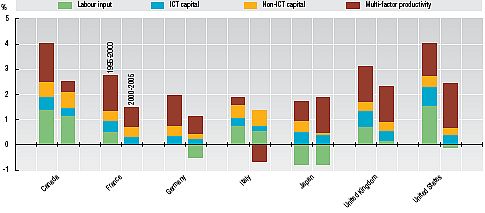In the pursuit of gaining a stronger understanding of a science of service systems through systems science, I’ve been working my way through the works of Richard Normann, Rafael Ramirez and Johan Wallin. There’s a long evolution of thought there, with a depth that may not be obvious to readers who aren’t systems scientists. Thus, phrases such as coproduction, interactive value, offering and value constellation have a specific meaning within the systems science community that the layman may not appreciate. Let me try to bring together some of the ideas, across the references.
- 1. A service system includes a supplier with a customer (and possibly subcontractors) as coproducers of outcomes
- 2. Interactive value is actualized not in coproduction of the supplier with customer, but in coproduction of the customer with his/her customer / counterparts
- 3. Offerings are interactions that provide benefits in the form of (a) physical product, (b) service and infrastructure and (c) interpersonal relationship
- 4. An offering can be either an output of coproduction, or input into coproduction
- 5. A value constellation includes the supplier, customer and subcontractors as coproducers
The systems flavour comes out not only in recognizing parts within the service system, but in emphasizing the interactions between parts. It’s worth re-examining these writings in the context of a new science of service systems.




